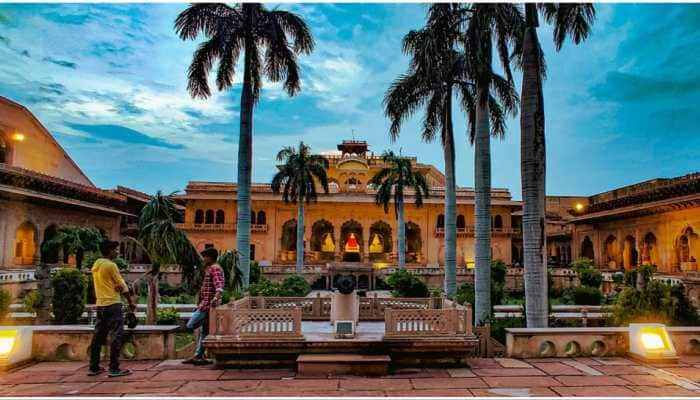Delhi unlock: What will be the role of e-pass now?
Despite gradual unlock, many activities will continue to be restricted due to which a lot of people would still require an e-pass to travel in the union territory.
- Kejriwal has announced gradual unlocking of Delhi
- Some activities will still be restricted for which an e-pass would be needed
- Essential services are exempted from restrictions
Trending Photos
) File Photo
File Photo New Delhi: Chief Minister Arvind Kejriwal on Friday (May 28) announced that the city will gradually start to unlock as the number of new COVID-19 cases is on the decline.
He said that activities that involve daily wagers, labourers and migrant workers will be restarted first.
“It is time to start the unlock process. It should not be the case that people escape coronavirus but die of hunger... We have to maintain a balance between controlling the spread of coronavirus and allowing economic activities,” Kejriwal was quoted as saying by PTI.
"Keeping this in mind, it has been decided to open factories and allow construction activities for one week from Monday," he added.
Many activities, however, will continue to be restricted due to which a lot of people would still require an e-pass to travel in the union territory or arrive from outside.
An e-pass will be required for people involved in all the activities that are not listed in the unlock process. The pass will also be required for crossing the border to get into the city.
Employees working in private companies will also need to have an e-pass in order to get past the movement restrictions placed across the city.
However, health and other essential services will continue to function and e-pass would not be mandatory.
The police have been allowing the movement of people for medical services without an e-pass. Those in search of medical supplies or patients travelling for a doctor’s appointment have to produce a doctor's prescription in order to travel in the UT.
Similarly, officials of the Government of India, its autonomous/subordinate offices and PSUs can travel with valid ID cards.
Live Tv







)
)
)
)
)
)
)
)
)
)
